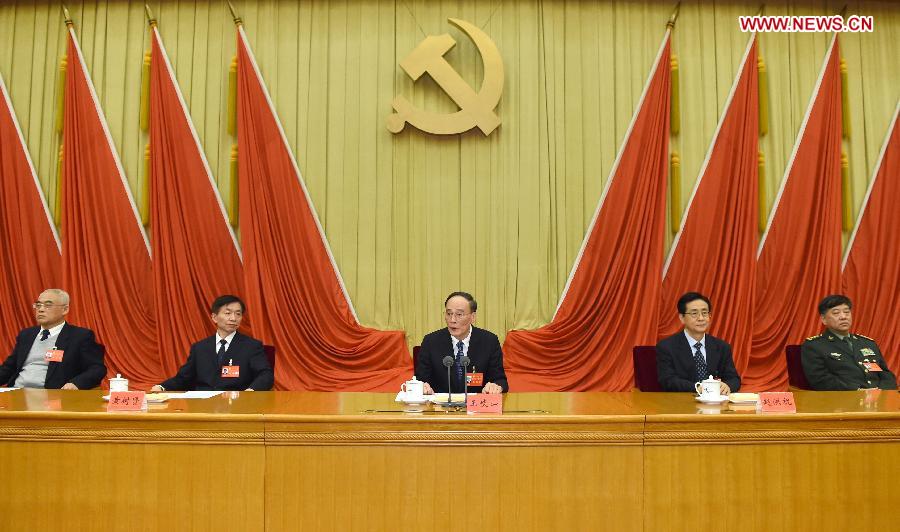This material belongs: Financial Times.
China’s rubber stamp legislature has released draft regulations outlining a new, expanded version of its national anti-graft watchdog.
Unlike the existing watchdog, which is overseen by the Communist Party, the proposed National Supervision Commission will have jurisdiction over all government individuals and organizations and not just party members – although the overwhelming majority of government officials in China are party members.
Existing anti-corruption agencies will be consolidated under the new commission, which will oversee inspections of all government departments, state-owned firms and institutions as well as within the ruling party.
Among the other powers delegated to the new commission is financial surveillance of those suspected of corruption.
The draft legislation also provided details about a new detention system intended to replace the extralegal shuanggui system, currently used to hold corruption suspects indefinitely without notice. Under the proposed system the family or work unit of detained suspects must be notified within 24 hours. Furthermore, detention periods will be capped at three months barring “special circumstances”, and confessions will have to be signed off by detainees.
The new anti-corruption commission has already been tested out in three pilot schemes in Beijing and the provinces of Shanxi and Zhejiang. Anti-corruption agencies under the aegis of the national scheme will be implemented at the provincial, city and county-levels starting next year, according to a report from state news agency Xinhua on Monday.
However, critics have pointed out that most of the new limitations outlined either already exist within the current detention system or are easily subverted by authorities.
The supervision commission represents a sweeping institutionalization of the party’s power over anti-corruption inspections and decisions. Despite assurances the commission will be equivalent to other state organs on paper, anti-corruption officials have previously stated its independence from Communist party leadership will be “impossible”. Furthermore, most of the leadership for the new commission is expected to chosen from the existing Central Commission for Discipline and Inspection, the party’s anti-graft watchdog.


